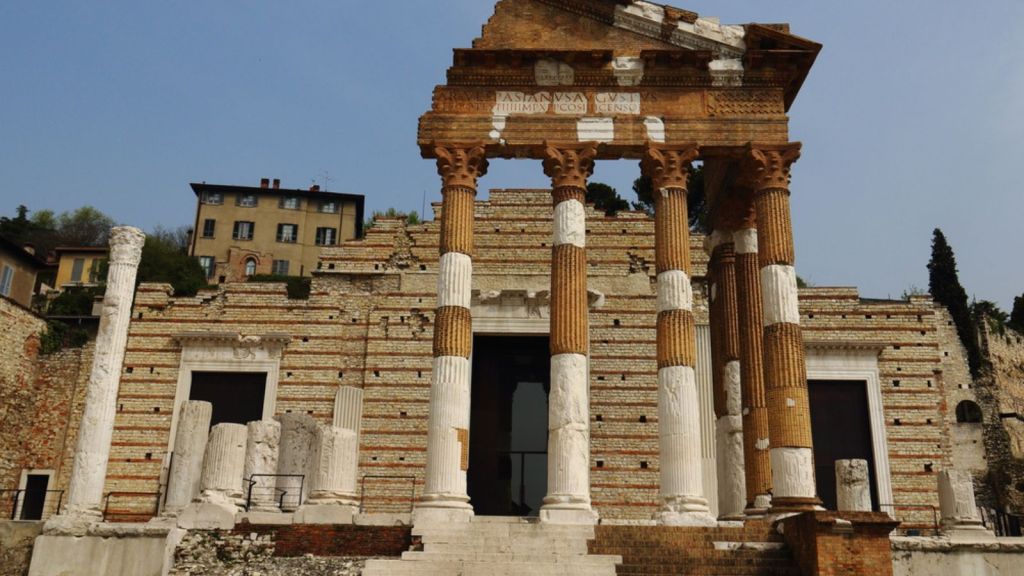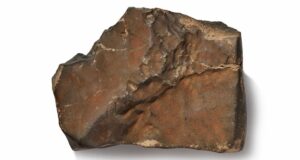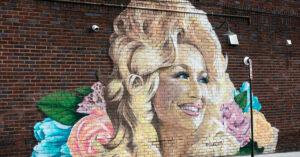“Unveiling the Shadows: 16 Surprising Secrets about the Dark Ages That Will Change Your Perspective!”
Medical knowledge from ancient Greece and Rome was preserved and expanded upon by Islamic scholars, who made significant contributions to the fields of anatomy, pharmacology, and surgery. While medical care in the Dark Ages was far from perfect, it wasn’t as primitive or ineffective as often portrayed.
10. Women Weren’t Powerless

While women’s roles were often restricted by societal norms, they weren’t entirely without power or influence. Noblewomen could inherit land, manage estates, and even rule as regents in the absence of their husbands. Some women even became powerful abbesses, overseeing large monastic communities.
Women also played important roles in trade, crafts, and medicine. They ran businesses, worked as midwives, and even served as advisors to kings and queens. While the Dark Ages were undoubtedly a patriarchal society, women’s contributions and agency shouldn’t be overlooked.
11. Education Wasn’t Completely Absent

While literacy rates were lower than in the Roman era, education didn’t completely disappear during the Dark Ages. Monasteries served as centers of learning, where monks copied and preserved ancient texts, taught Latin and Greek, and studied theology, philosophy, and science.
Schools attached to major cathedrals educated boys destined for the clergy or other professions. While formal education was limited mainly to the elite, there’s evidence of informal learning occurring within families and communities. For instance, the oral tradition of storytelling played a crucial role in transmitting knowledge and cultural values.













